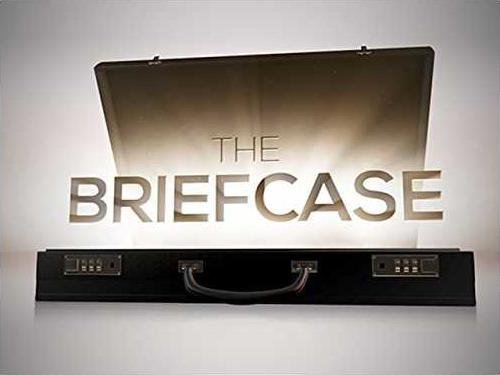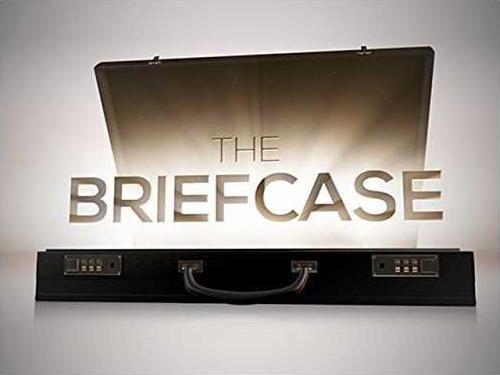CBS' new reality show "The Briefcase" is drawing the ire of critics who say the show exploits the struggles of American families for entertainment.
The show gives a family that is struggiling financially a briefcase containing $101,000 and then adds a dilemma: Do they keep the money, or share the money with another family experiencing hardship? What the family doesn't know is that another family has received an identical briefcase and is faced with the same choice.
Show creator Dave Broome argues that the show is actually less about the money and more about the state of the American middle class.
"We are talking about issues that have very little to do with the decision being made about a briefcase," Broome told Entertainment Weekly. "Its more about coming together in your life, in your marriage, or finding this bond with another family who has a different lifestyle.
Many critics disagree. The AlterNet's Kali Holloway called the show "poverty porn."
"The whole thing is, in a word, gross," Holloway wrote. "It is a stark acting out of how the wealthiest ask those with far less to battle over scraps, to be generous in ways they would never consider, to smile at the camera through tears for our own entertainment."
"CBS has made a calculated bet here that you and I would not mind seeing real-life poverty as mass entertainment. So far, theyre right," Leonard Pitts wrote for the Miami Herald. "According to Variety, 'The Briefcase' was the most watched Wednesday night series on television last week."
Pitts added that watching the show made him feel "ashamed," and perhaps that's the true goal of CBS's latest effort. Reality TV's tenure aside, the Internet and other mediums have promoted shame as a form of entertainment.
Audiences merely have to look at the plethora of viral videos centering on shaming (especially parental shaming of children) to see how entertaining people find shame.
"You're left with the knowledge that a corporate behemoth has found yet another way to profit off of poverty," Holloway argued. "It's not a new trick, but it's a bold display. One I hope most of us choose to turn away from."
That may be, but Americans who find "The Briefcase" distasteful may also want to look at their own Internet browsing history if they truly hope to turn the tide away from this form of entertainment.
The show gives a family that is struggiling financially a briefcase containing $101,000 and then adds a dilemma: Do they keep the money, or share the money with another family experiencing hardship? What the family doesn't know is that another family has received an identical briefcase and is faced with the same choice.
Show creator Dave Broome argues that the show is actually less about the money and more about the state of the American middle class.
"We are talking about issues that have very little to do with the decision being made about a briefcase," Broome told Entertainment Weekly. "Its more about coming together in your life, in your marriage, or finding this bond with another family who has a different lifestyle.
Many critics disagree. The AlterNet's Kali Holloway called the show "poverty porn."
"The whole thing is, in a word, gross," Holloway wrote. "It is a stark acting out of how the wealthiest ask those with far less to battle over scraps, to be generous in ways they would never consider, to smile at the camera through tears for our own entertainment."
"CBS has made a calculated bet here that you and I would not mind seeing real-life poverty as mass entertainment. So far, theyre right," Leonard Pitts wrote for the Miami Herald. "According to Variety, 'The Briefcase' was the most watched Wednesday night series on television last week."
Pitts added that watching the show made him feel "ashamed," and perhaps that's the true goal of CBS's latest effort. Reality TV's tenure aside, the Internet and other mediums have promoted shame as a form of entertainment.
Audiences merely have to look at the plethora of viral videos centering on shaming (especially parental shaming of children) to see how entertaining people find shame.
"You're left with the knowledge that a corporate behemoth has found yet another way to profit off of poverty," Holloway argued. "It's not a new trick, but it's a bold display. One I hope most of us choose to turn away from."
That may be, but Americans who find "The Briefcase" distasteful may also want to look at their own Internet browsing history if they truly hope to turn the tide away from this form of entertainment.

